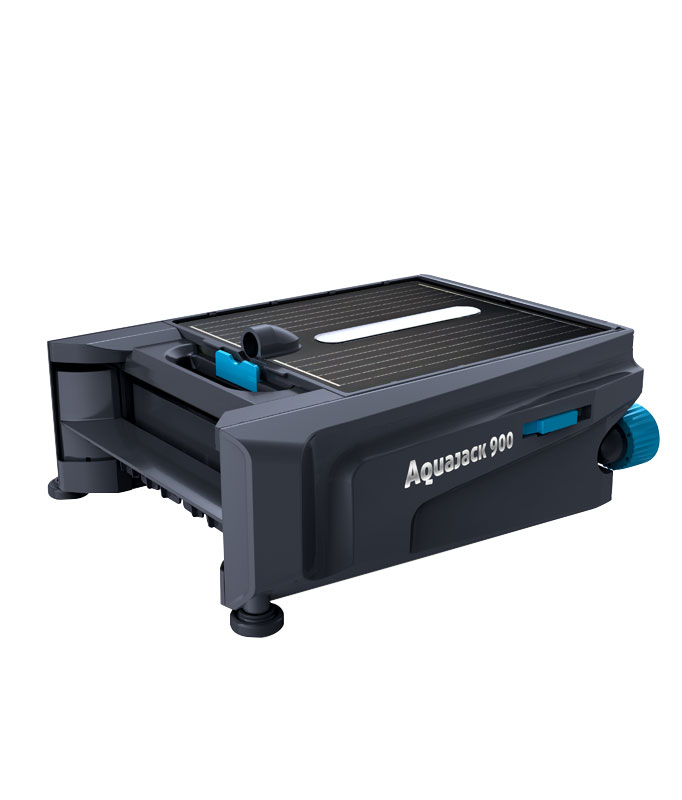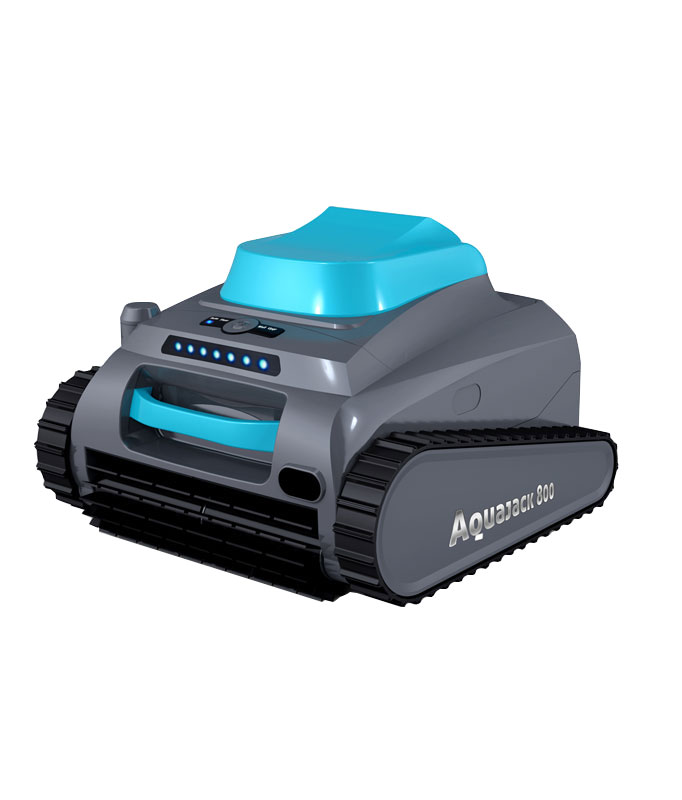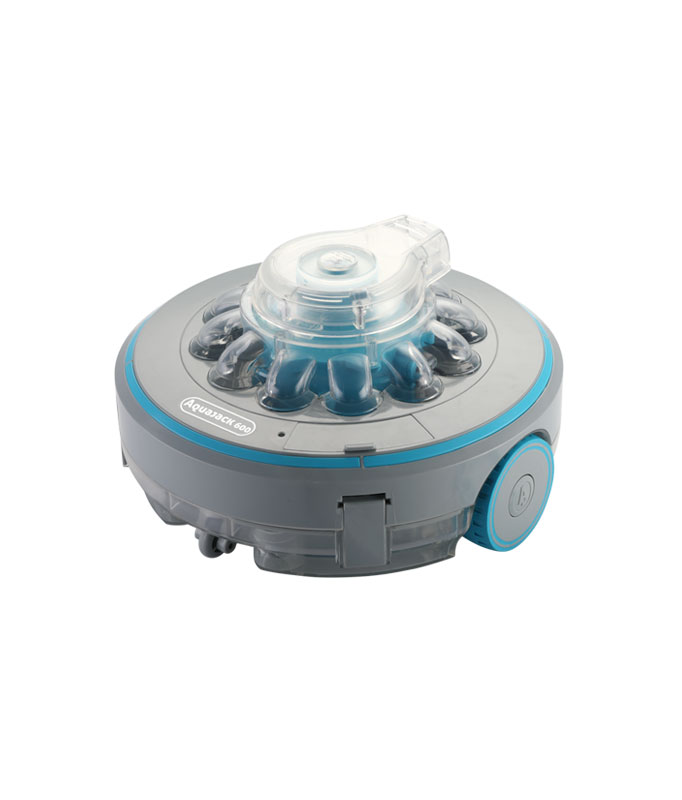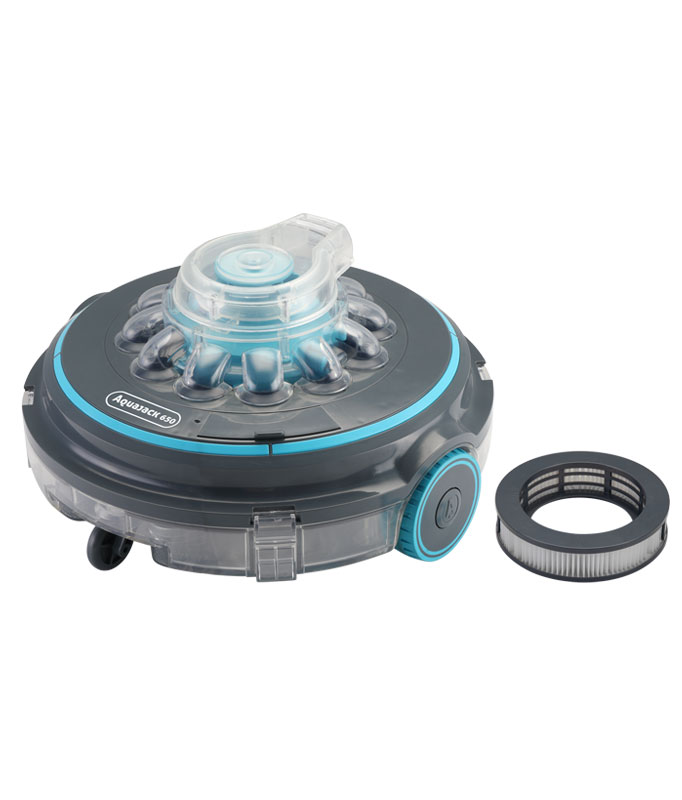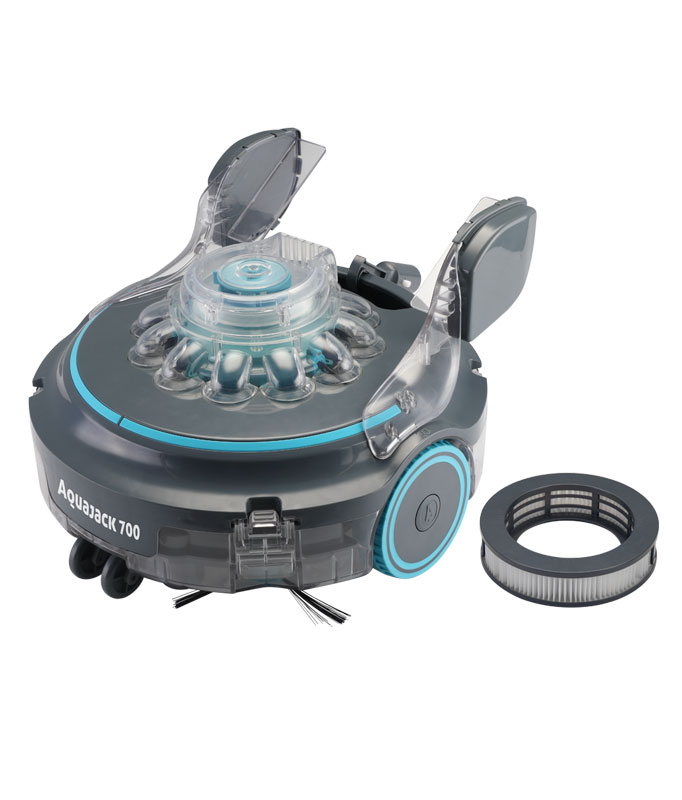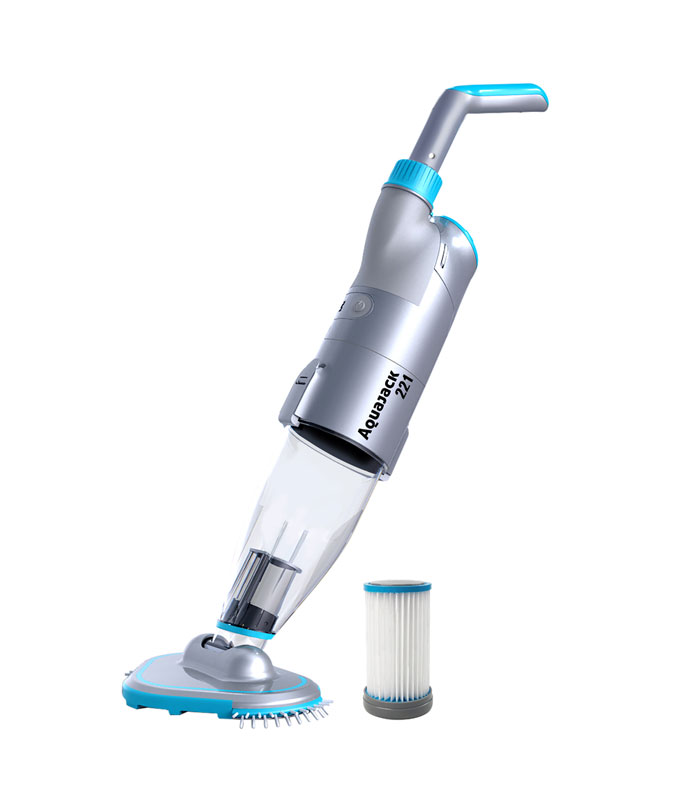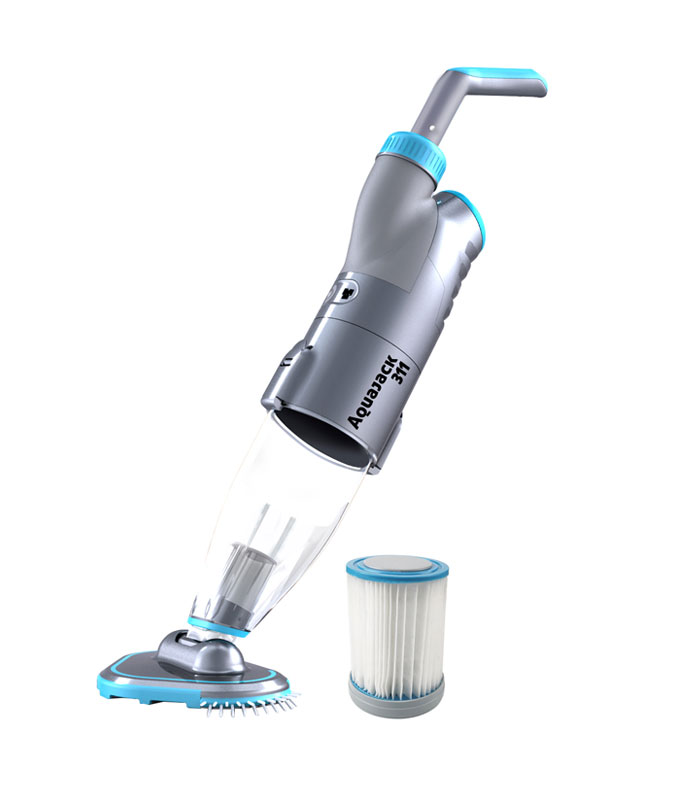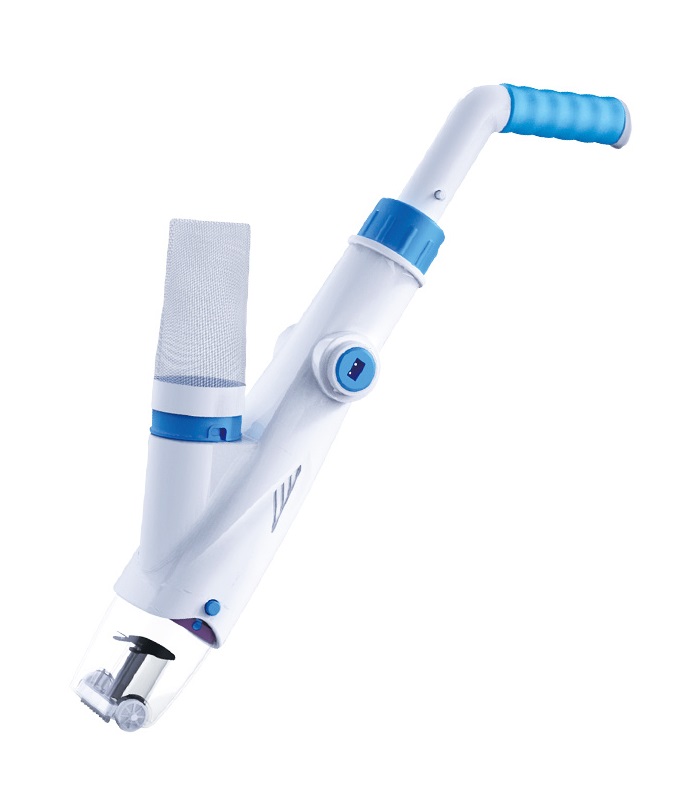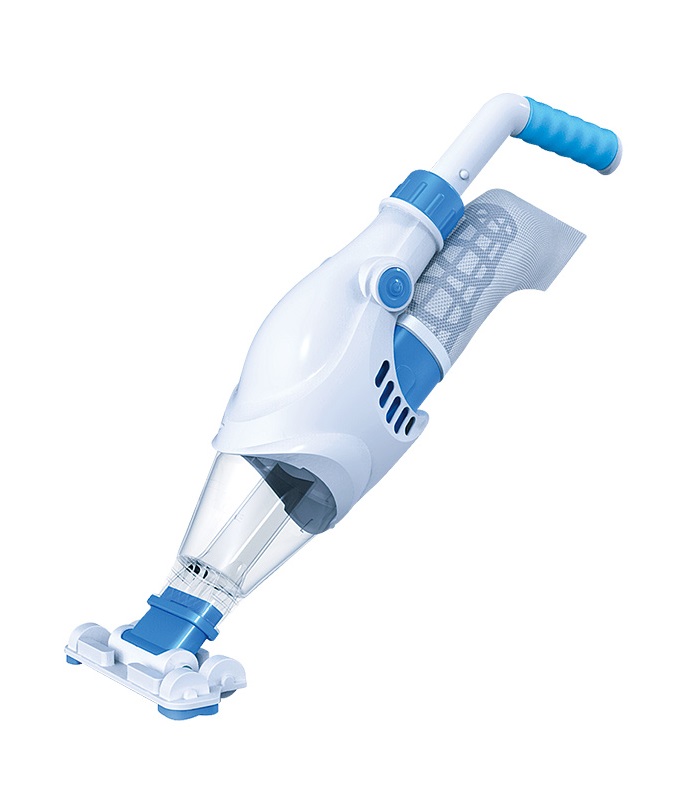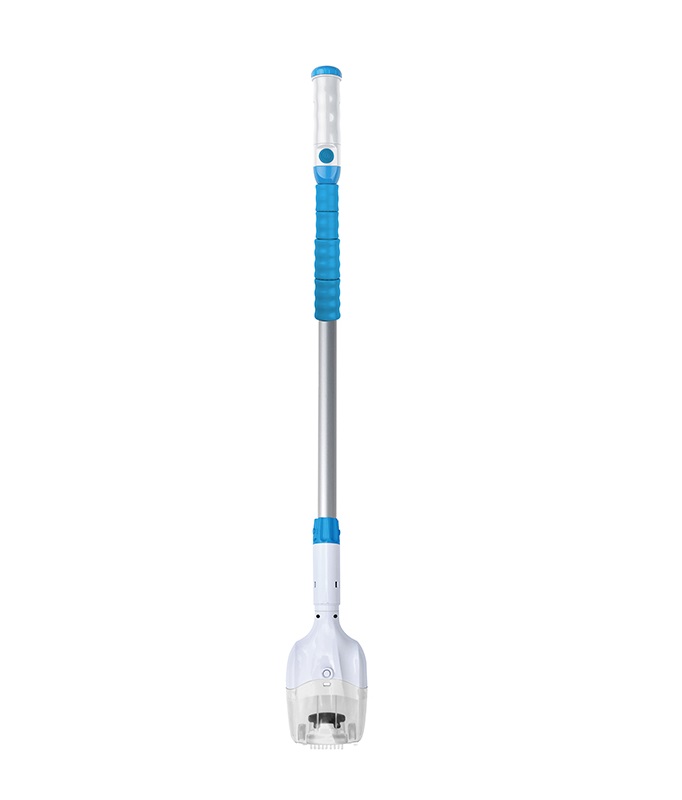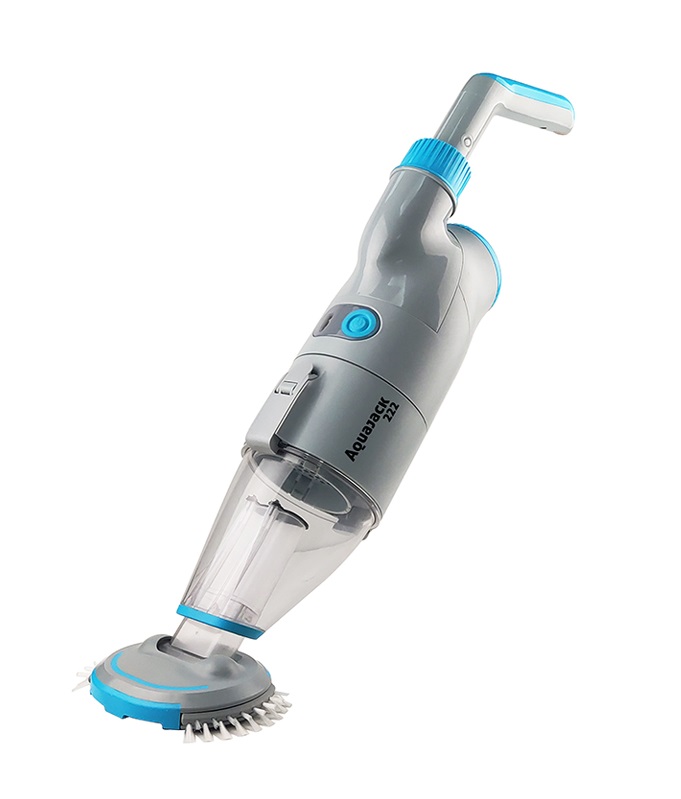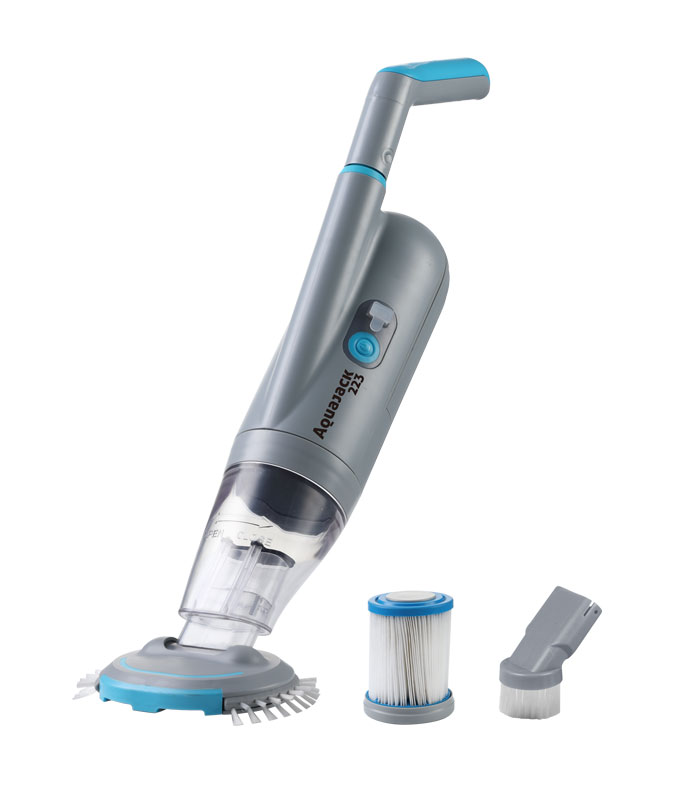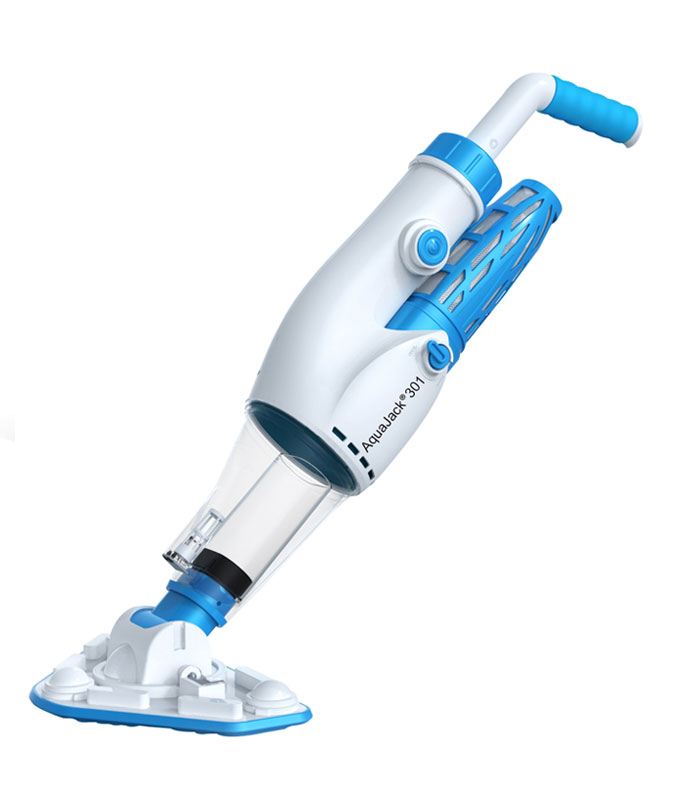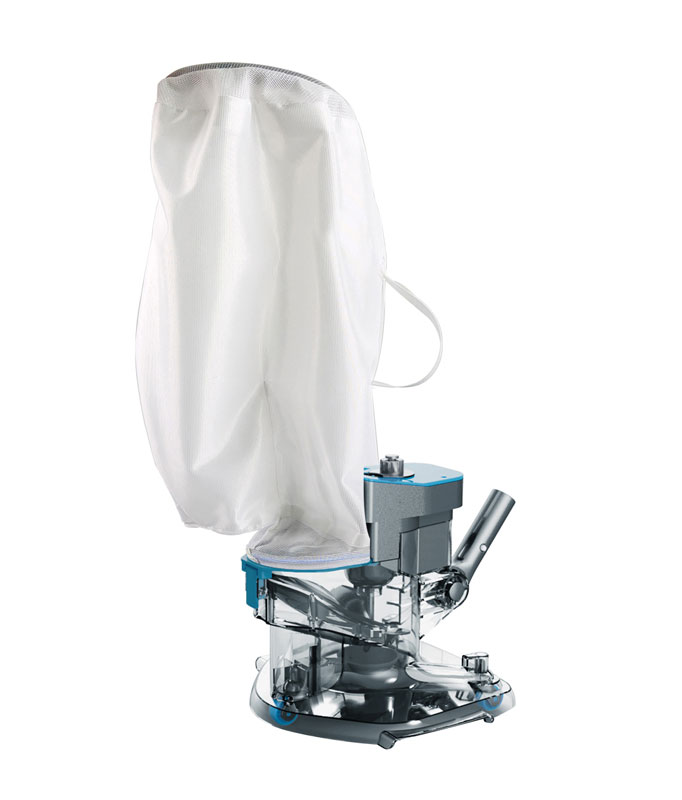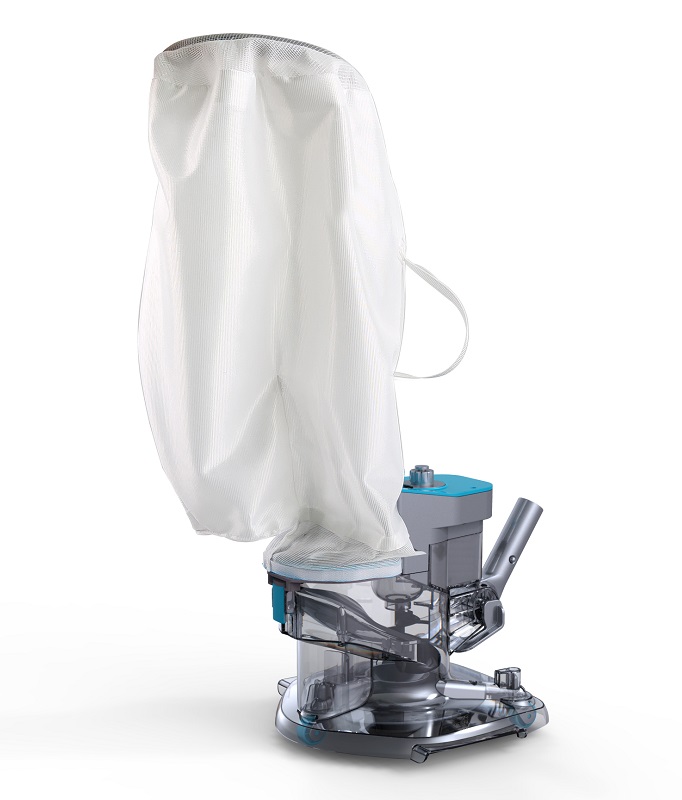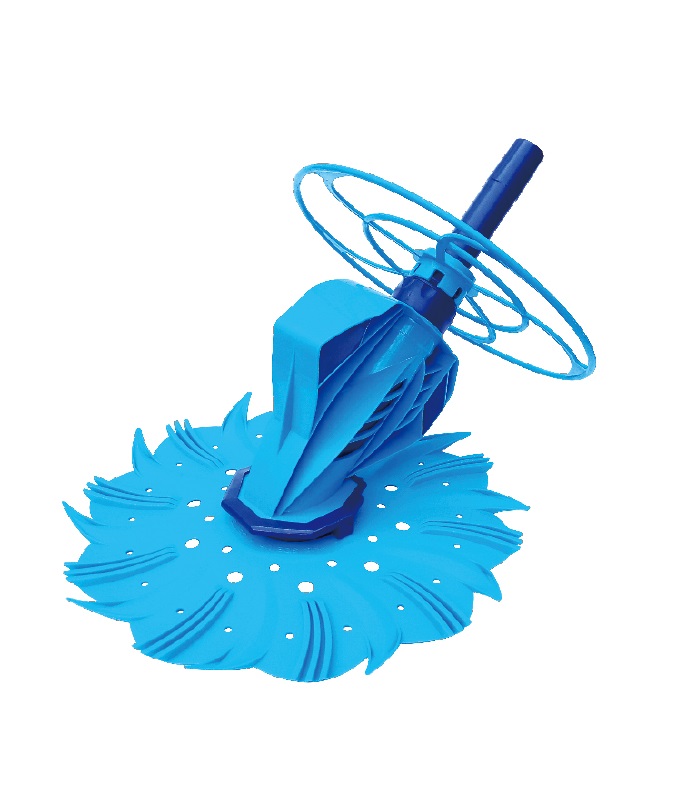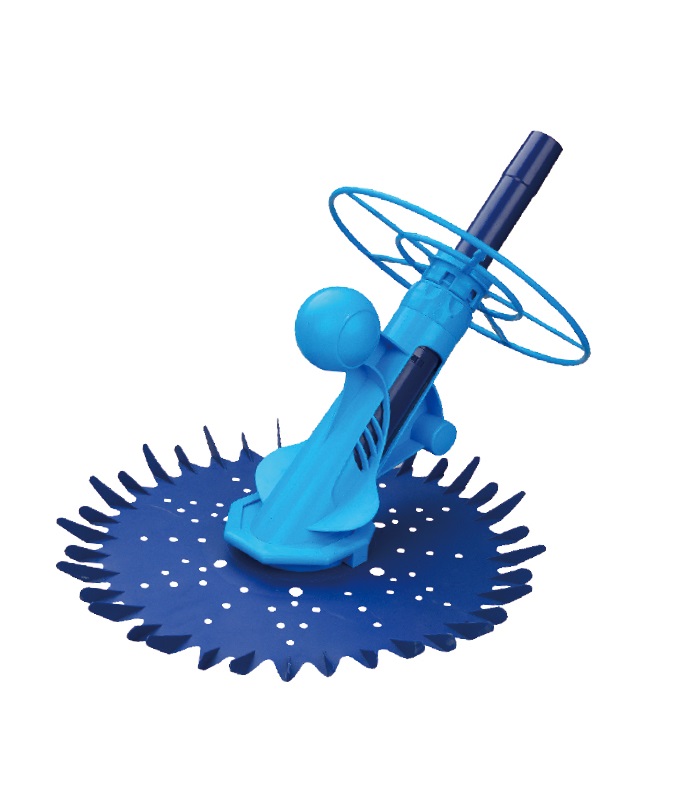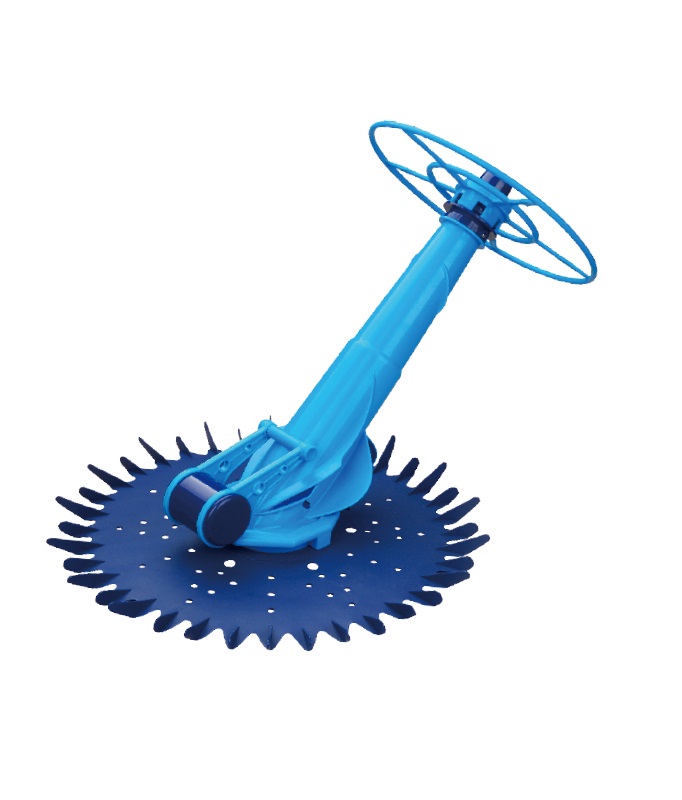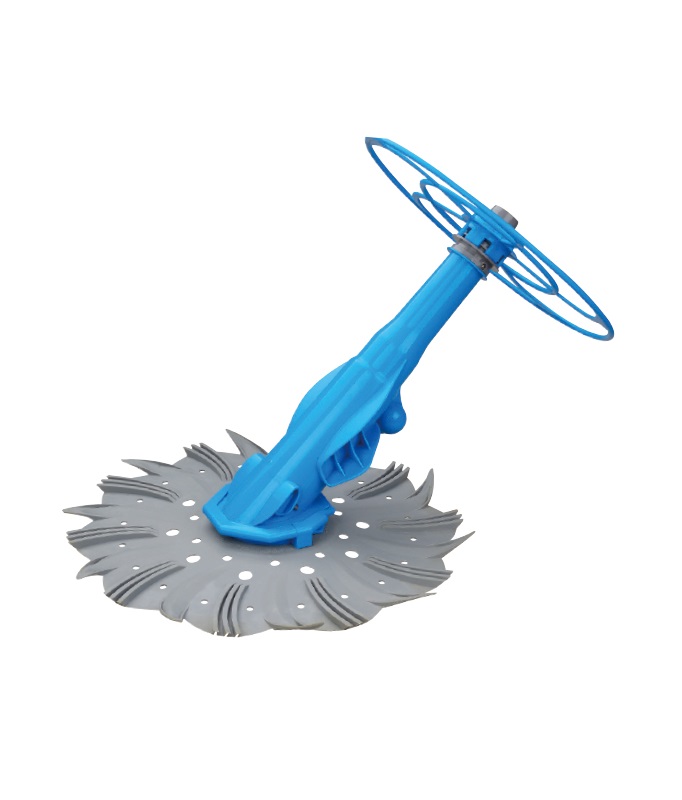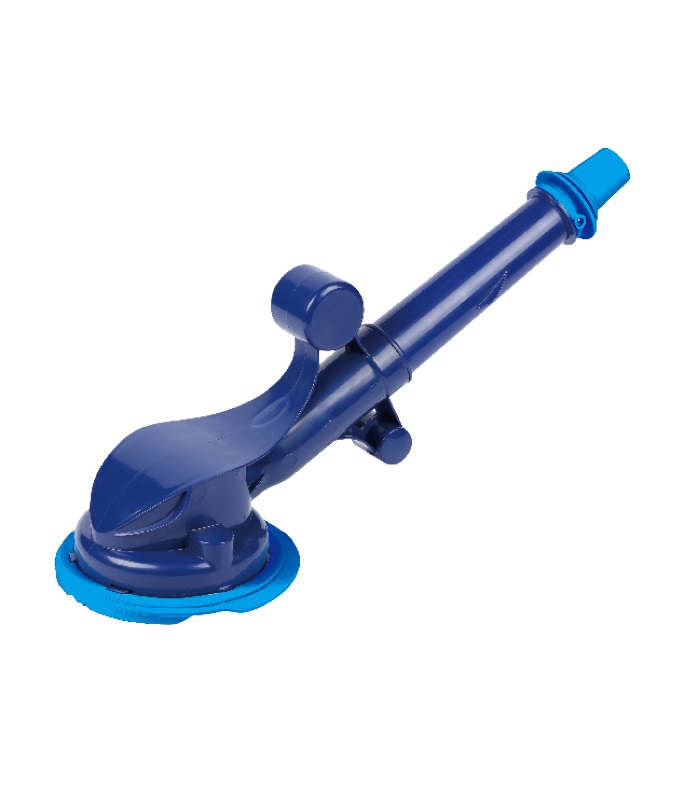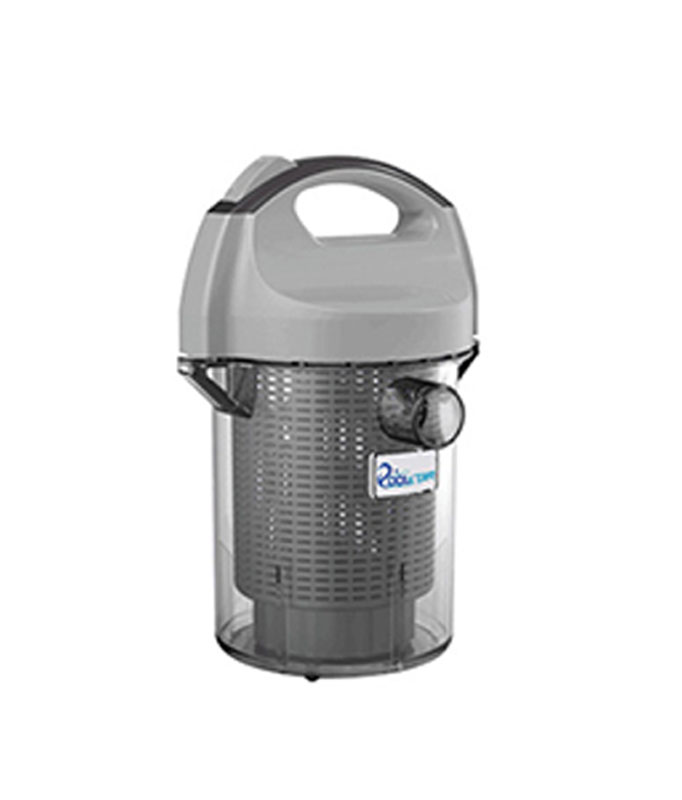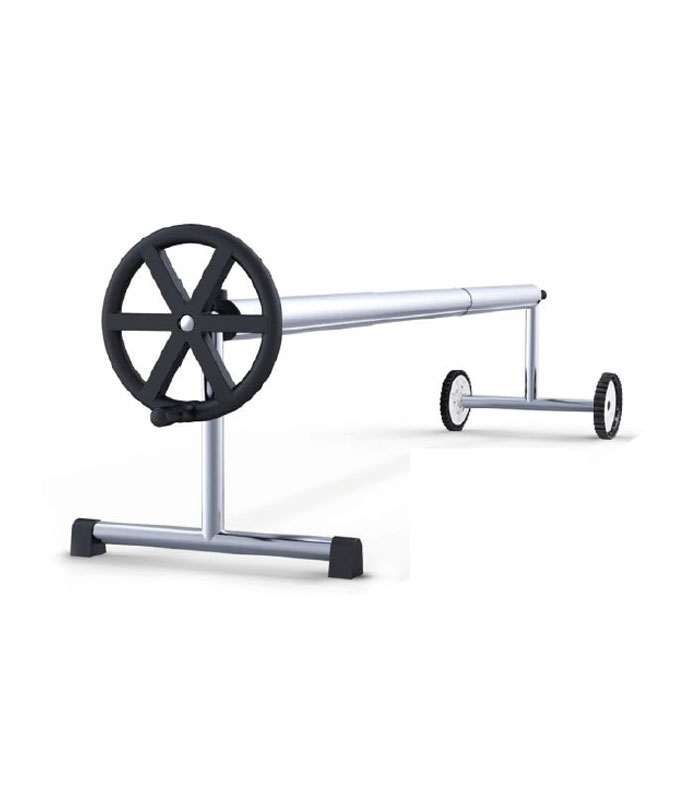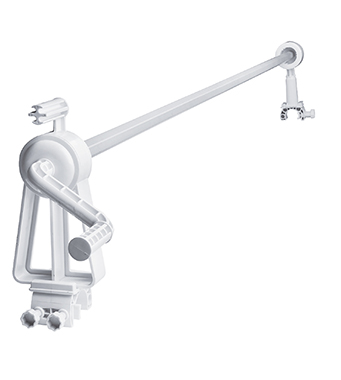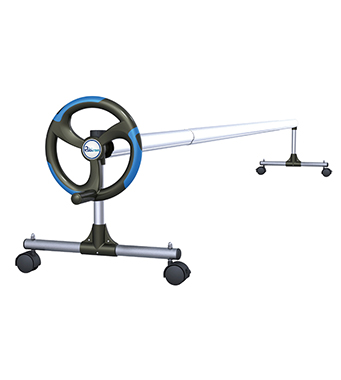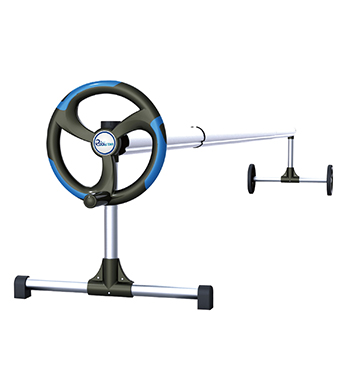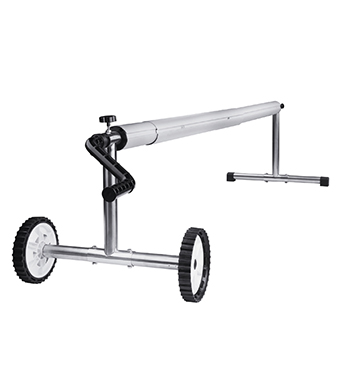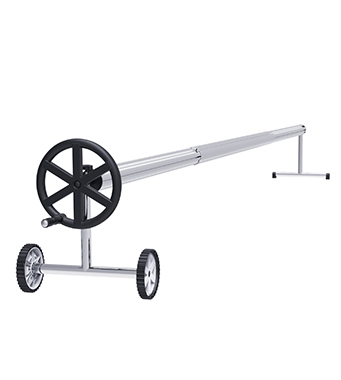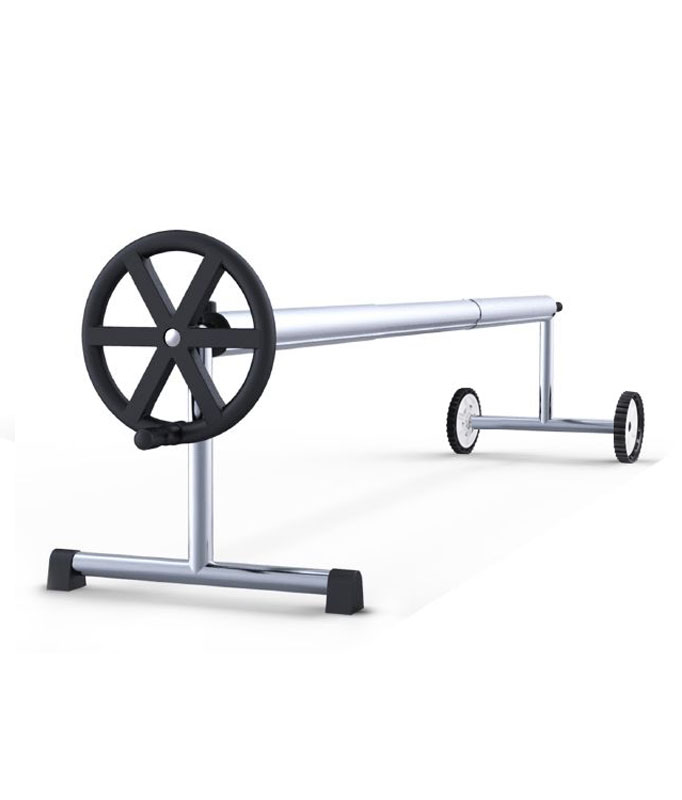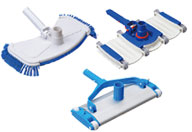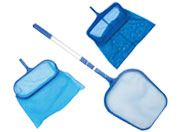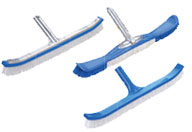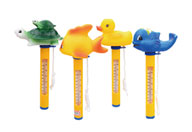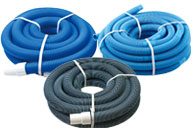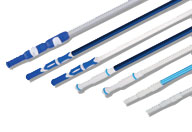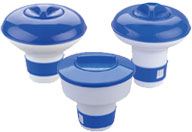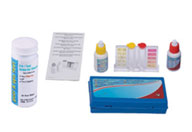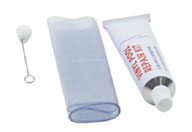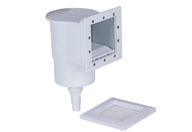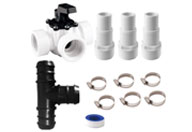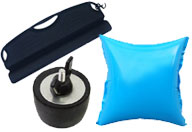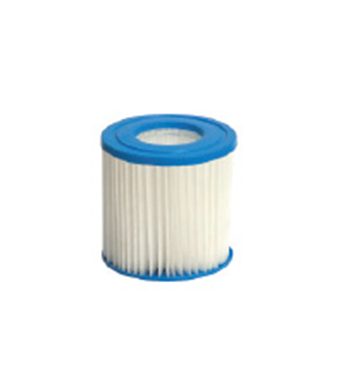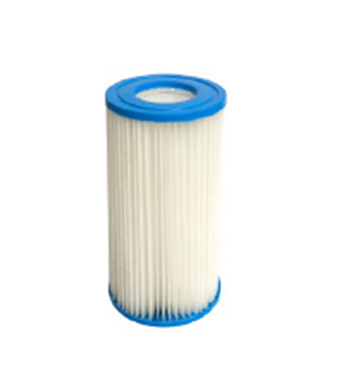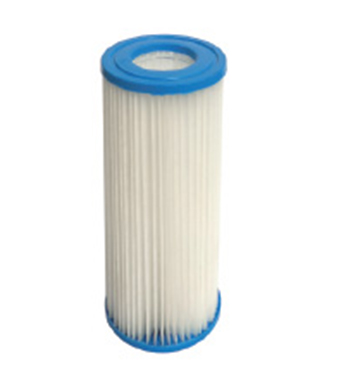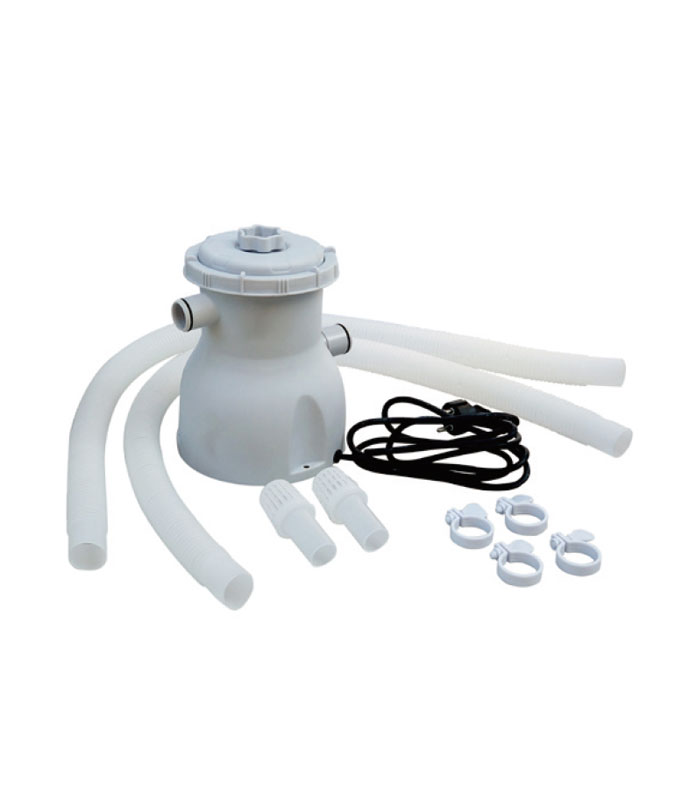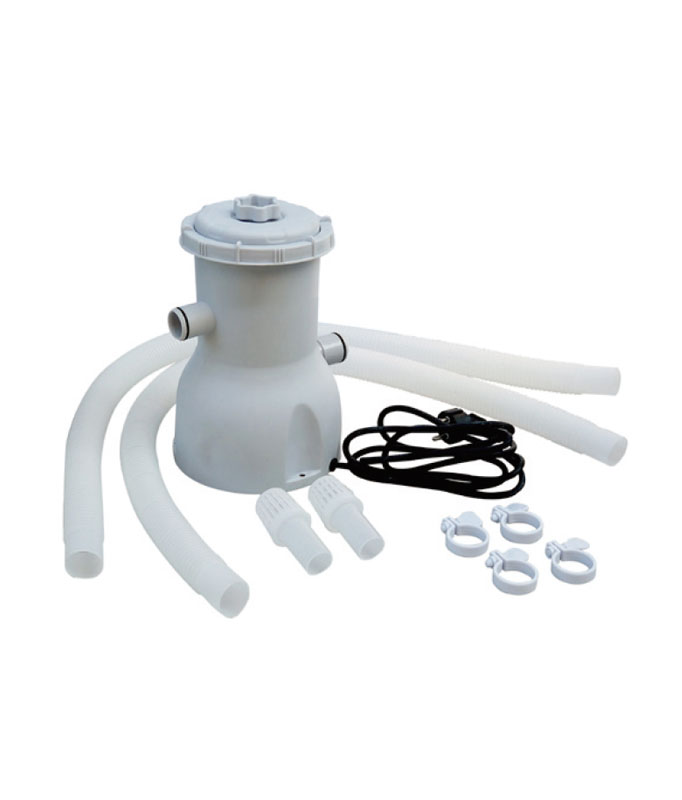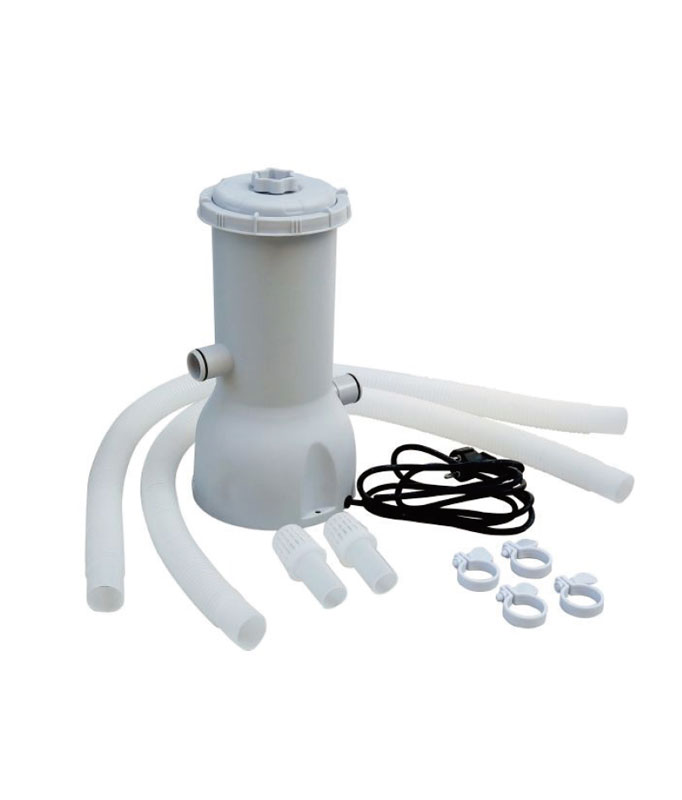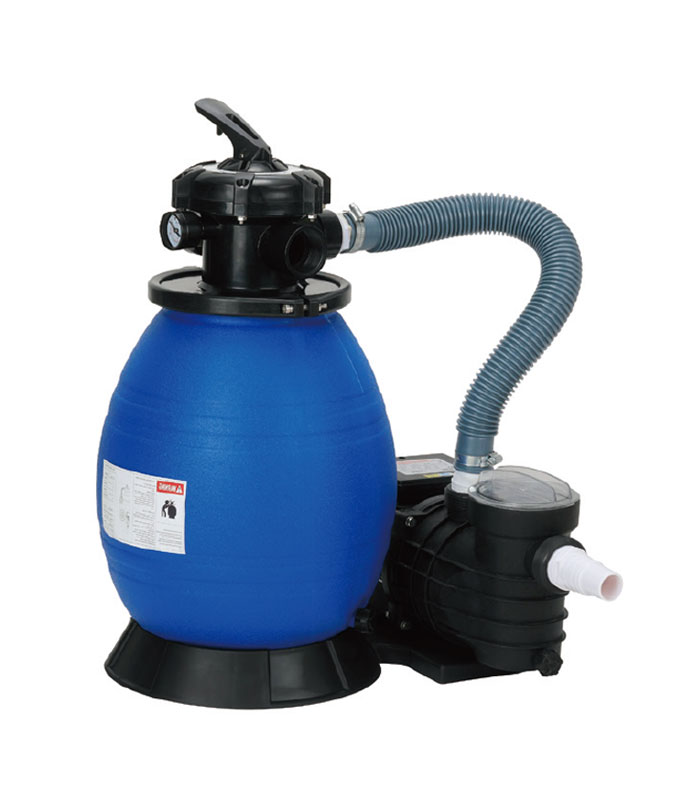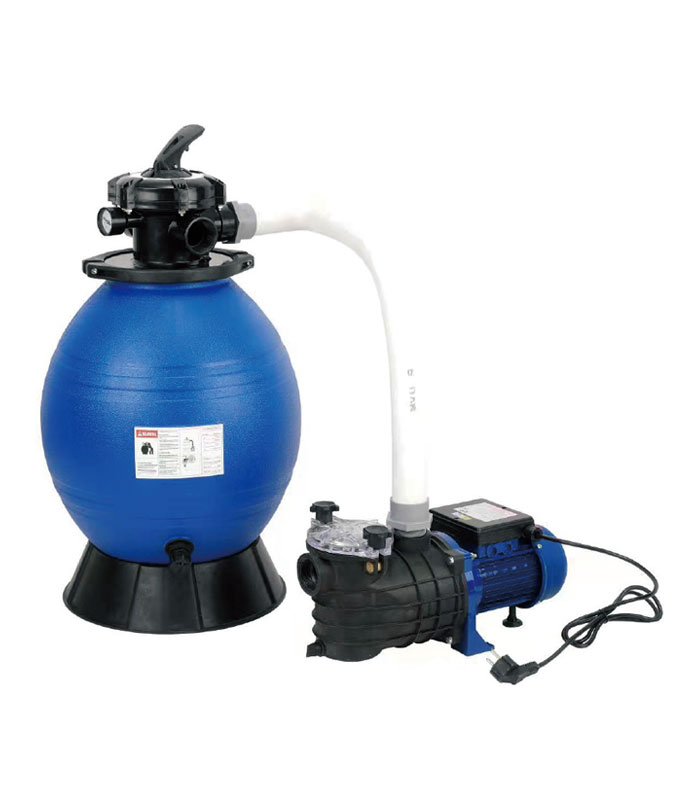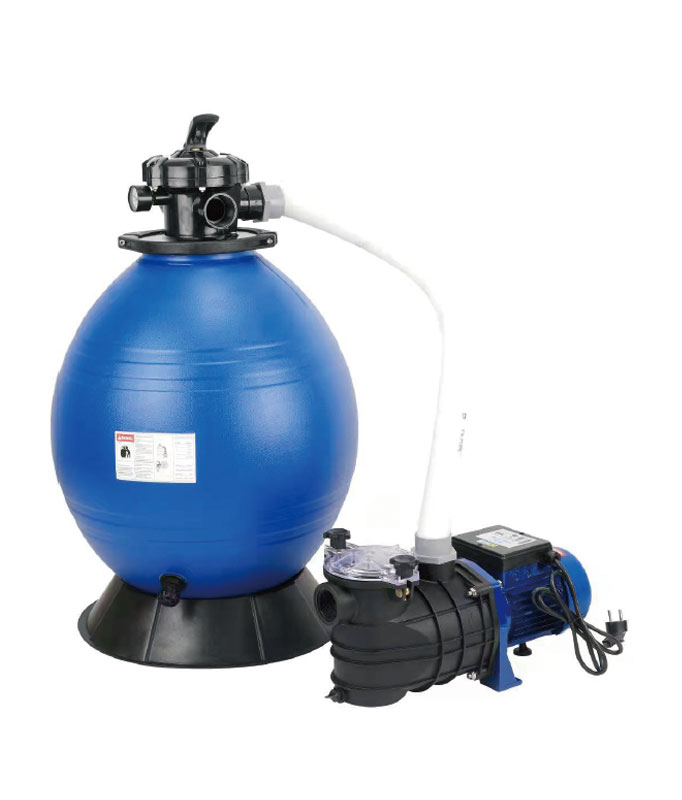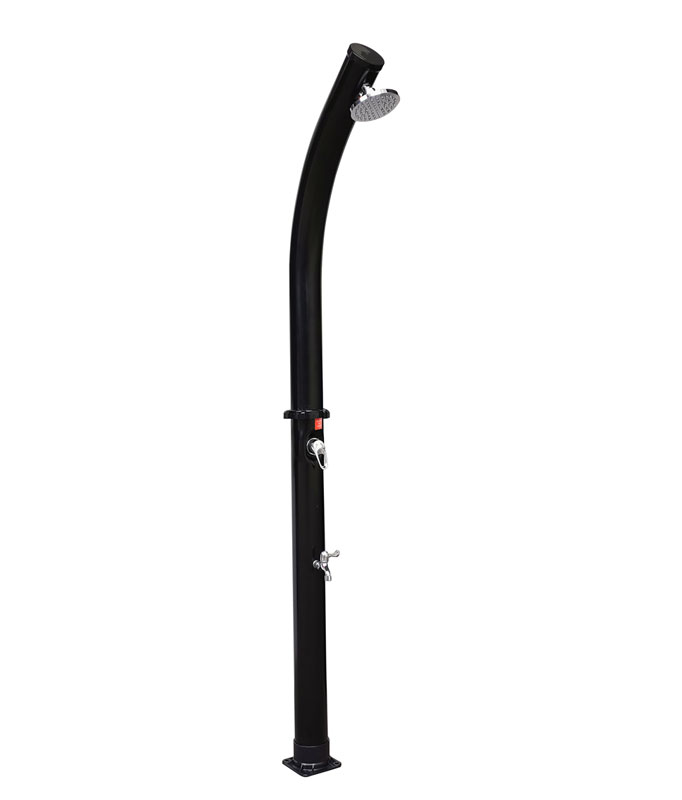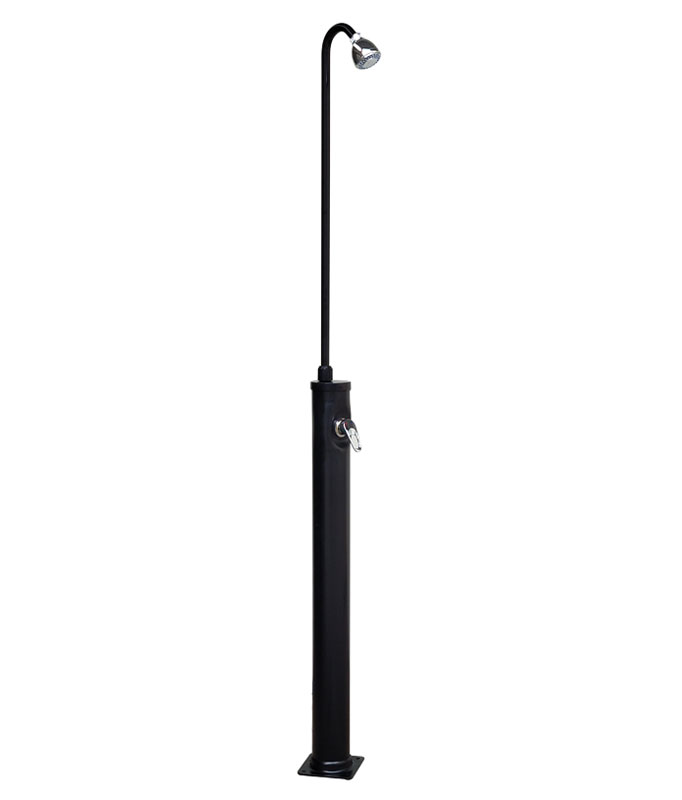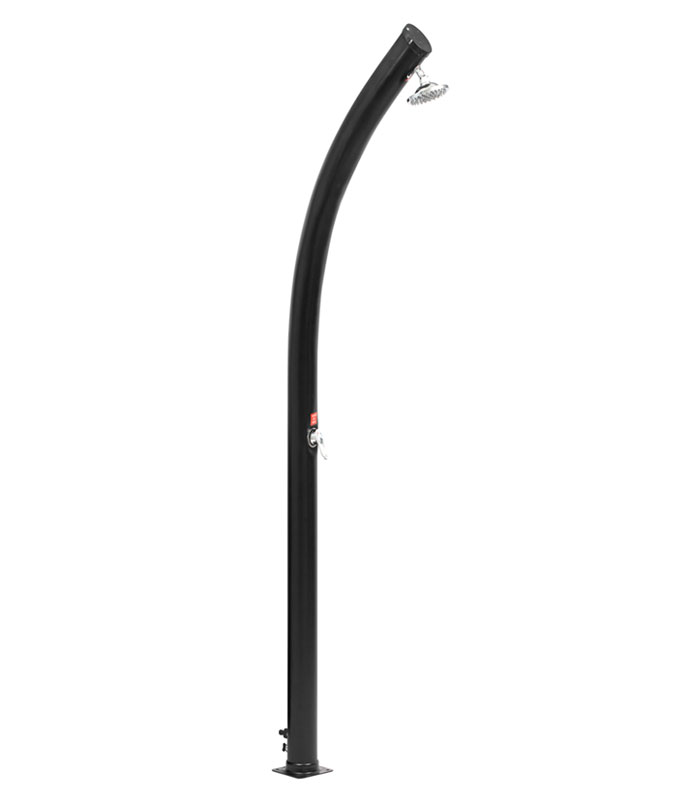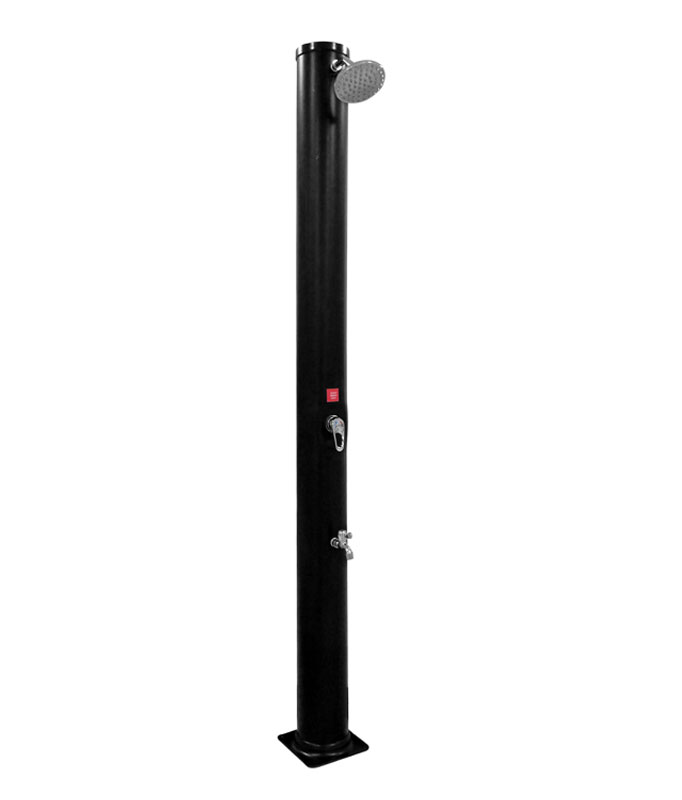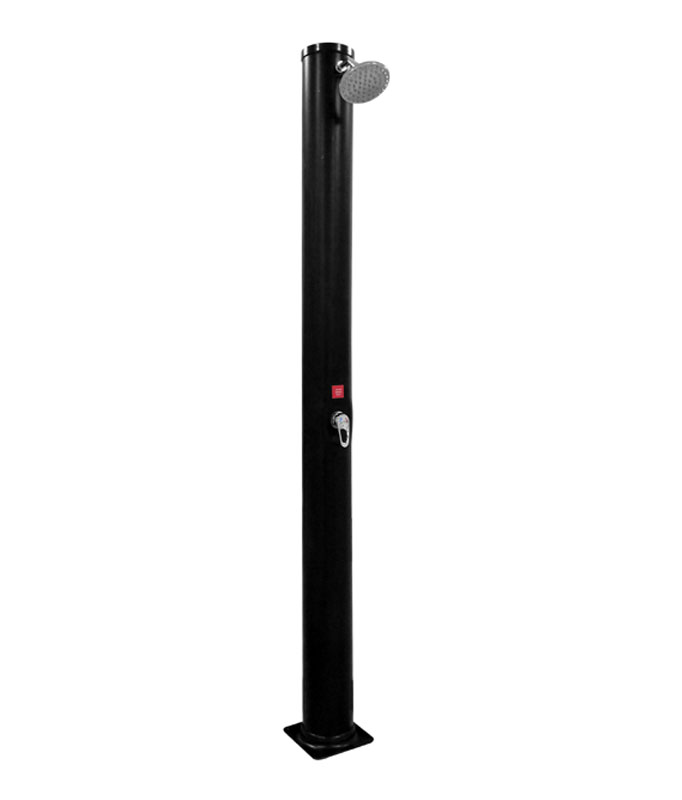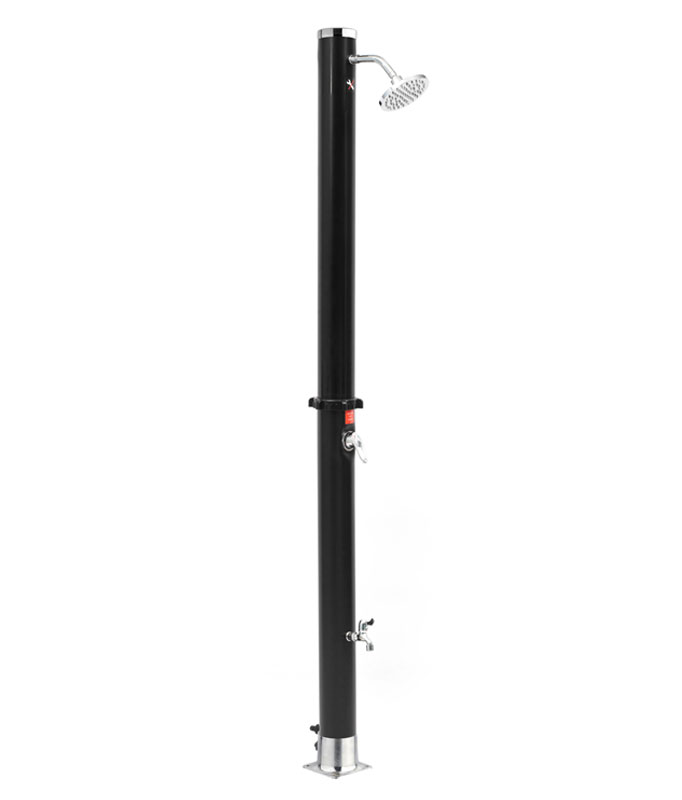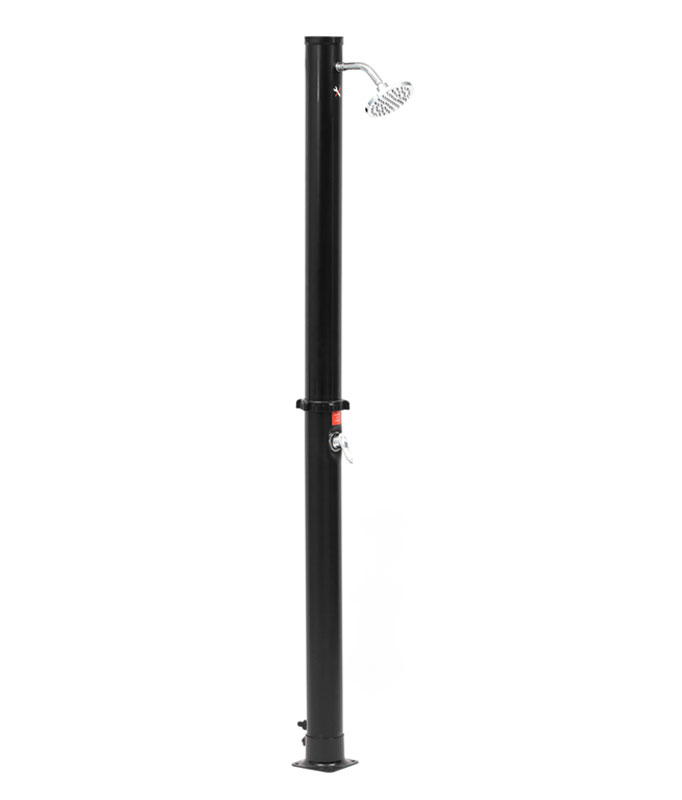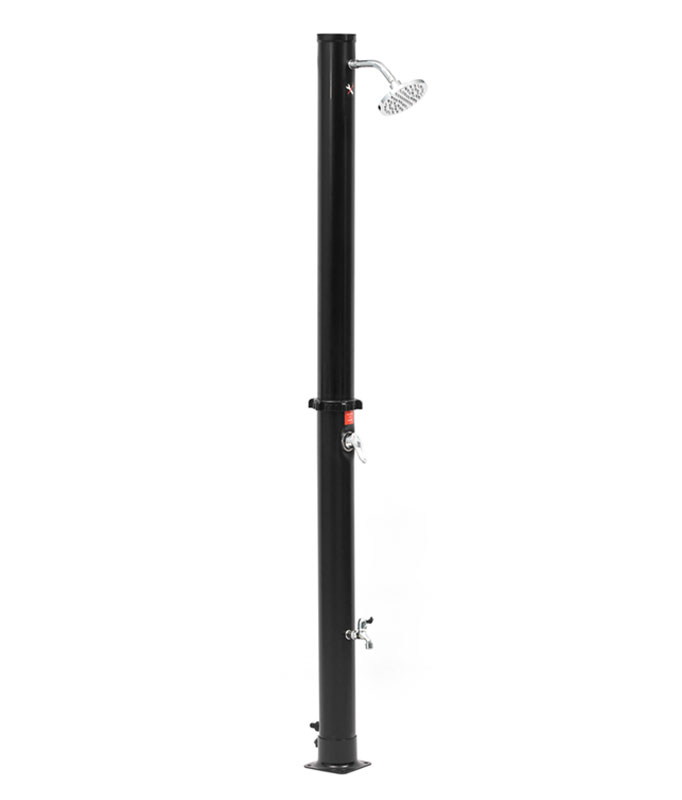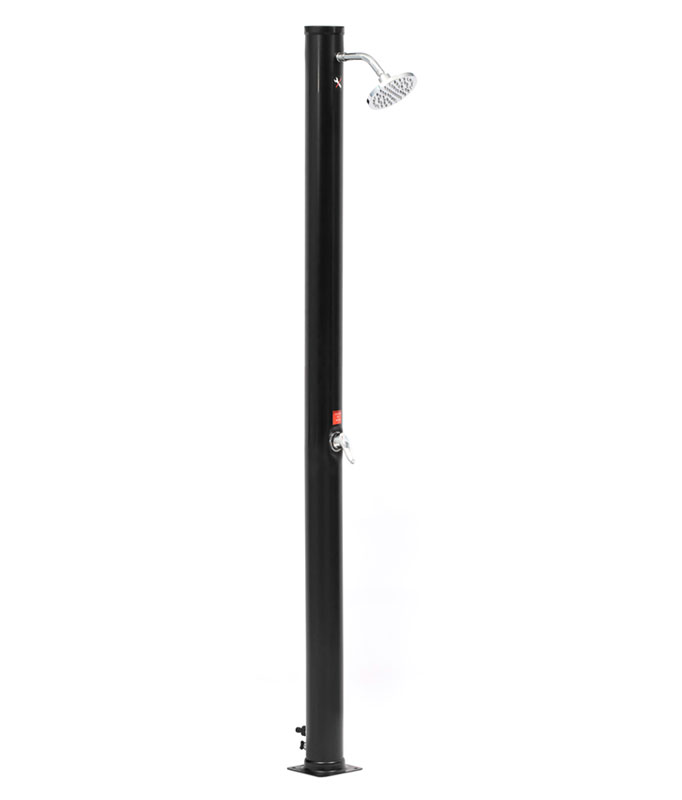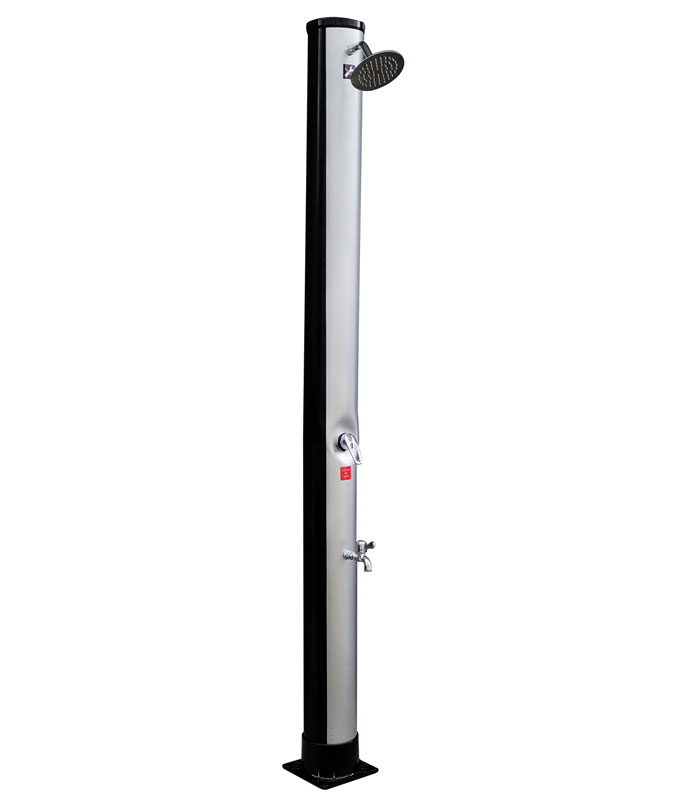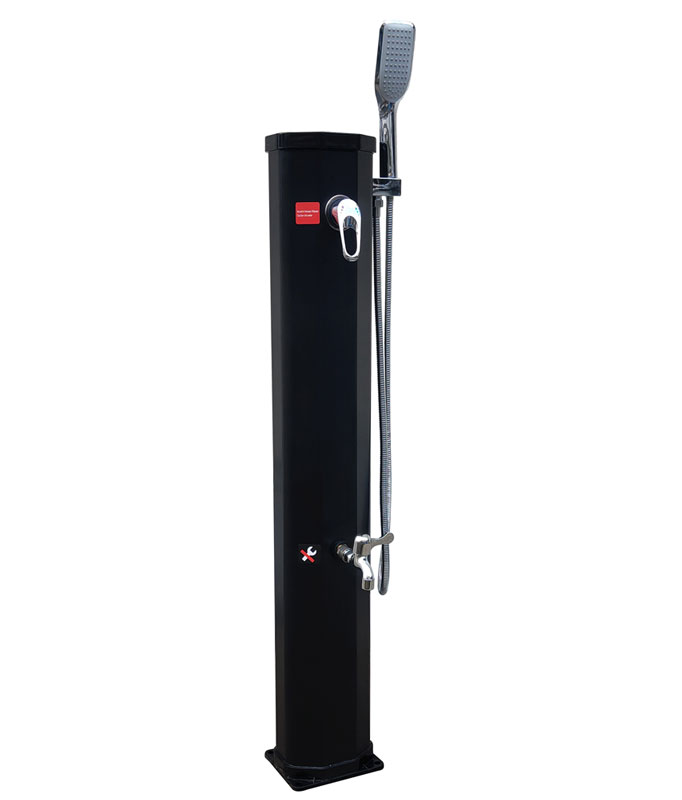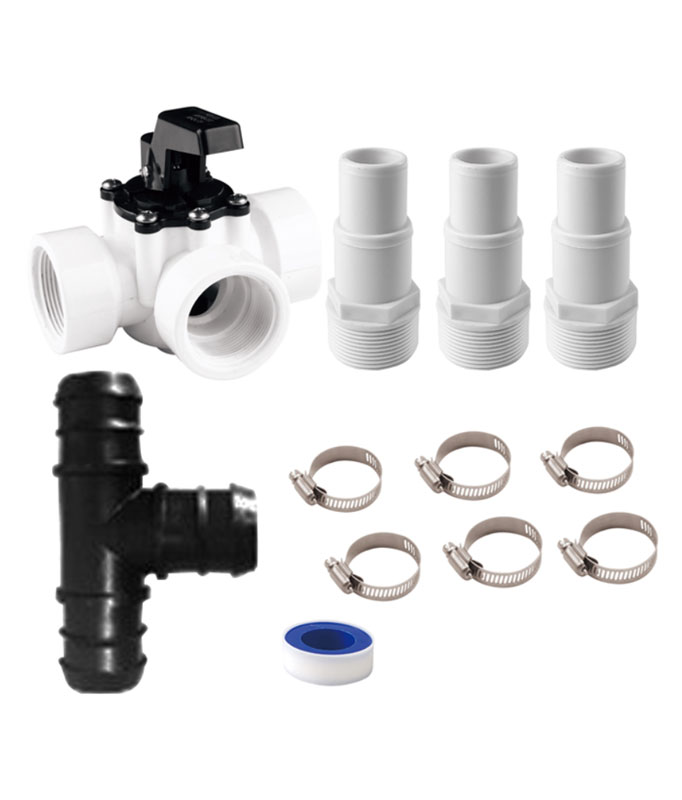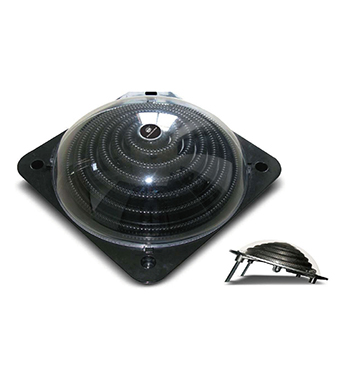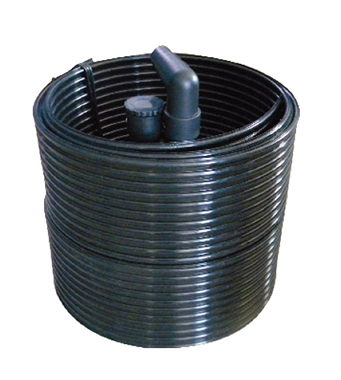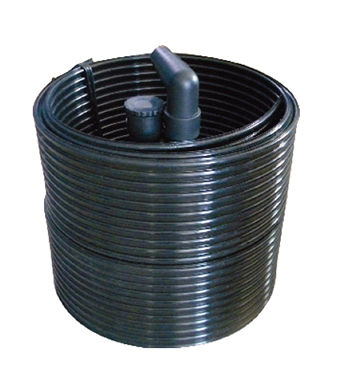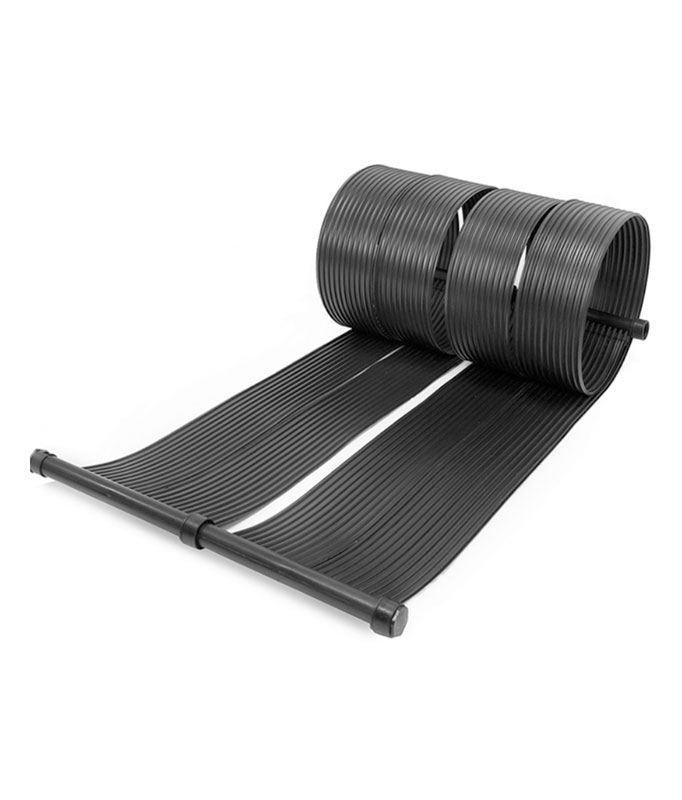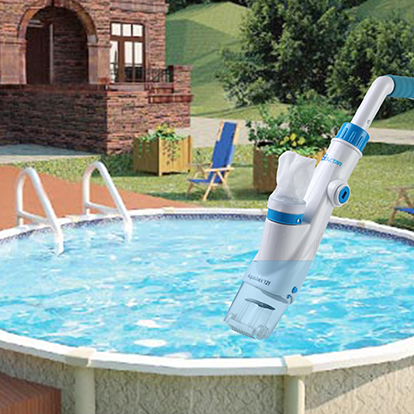
Noise affects how you enjoy your pool. Portable pool vacuums operate at lower volumes, making them suitable for quiet environments. In contrast, traditional pump systems often generate more sound, which can disrupt relaxation. For a detailed decibel comparison: portable pool vacuum cleaner vs. traditional pump systems, visit https://www.cnpoolstar.com/product/aquajack221-spa-vacuum-cleaner-5.html.
Key Takeaways
- Portable pool vacuums are quiet, usually 50 to 70 decibels. They are great for relaxing by the pool.
- Traditional pumps are louder, around 65 to 90 decibels. This noise can interrupt talking or resting.
- To lower noise, pick vacuums with small motors and quiet features. Keep them clean and serviced for best results.
Noise Levels of Portable Pool Vacuums
Typical Noise Levels of Portable Pool Vacuums
Portable pool vacuums are known for their quiet operation. Most models produce noise levels between 50 and 70 decibels, which is comparable to the sound of a normal conversation or a running dishwasher. This makes them ideal for maintaining a peaceful poolside environment. Unlike traditional pump systems, portable vacuums do not rely on large motors or extensive plumbing, which significantly reduces their noise output.
If you enjoy relaxing by the pool while cleaning takes place, a portable vacuum offers a quieter alternative. The absence of loud mechanical sounds ensures that your poolside experience remains undisturbed.
Factors Contributing to Noise in Portable Pool Vacuums
Several factors influence the noise levels of portable pool vacuums. The motor size plays a significant role. Smaller motors tend to produce less noise, but they may also have lower suction power. The design of the vacuum also matters. Models with streamlined components and noise-dampening materials operate more quietly.
Battery-powered vacuums are generally quieter than corded ones because they lack the hum of electrical connections. Additionally, the type of debris being cleaned can affect noise. For example, picking up larger debris like leaves may create more sound than vacuuming fine particles like sand.
Tip: To minimize noise, choose a vacuum with a smaller motor and noise-reducing features. Regular maintenance, such as cleaning the filter and removing clogs, can also help keep the vacuum running quietly.
User Experiences with Portable Pool Vacuums
Many users praise portable pool vacuums for their quiet performance. Homeowners often mention how these devices allow them to clean their pools early in the morning or late at night without disturbing neighbors. Some users even report being able to hold conversations or listen to music while the vacuum operates.
However, not all models are equally quiet. Reviews often highlight the importance of selecting a high-quality vacuum with noise-reducing features. Users also note that proper maintenance, such as keeping the motor clean and ensuring all parts are securely attached, can further reduce noise levels.
When comparing portable pool vacuums to traditional pump systems, the difference in noise is often a deciding factor. Many users prefer portable vacuums for their ability to maintain a serene poolside atmosphere. This aligns with findings from the decibel comparison: portable pool vacuum cleaner vs. traditional pump systems, which consistently shows portable vacuums as the quieter option.
Noise Levels of Traditional Pump Systems
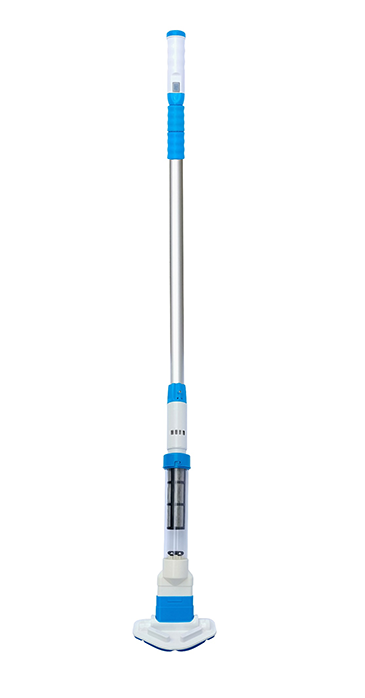
Typical Noise Levels of Traditional Pump Systems
Traditional pump systems are significantly louder than portable pool vacuums. Most pumps operate at noise levels ranging from 65 to 90 decibels. This range is similar to the sound of a vacuum cleaner or even a lawnmower at the higher end. The noise often becomes more noticeable in quiet residential areas, where it can disrupt the peaceful atmosphere around your pool.
The loudness of these systems stems from their powerful motors and the movement of water through extensive plumbing. If you value a serene poolside experience, the noise from traditional pumps may feel intrusive. Comparing this to the findings in the decibel comparison: portable pool vacuum cleaner vs. traditional pump systems, traditional pumps consistently rank as the noisier option.
Factors Contributing to Noise in Traditional Pump Systems
Several factors influence the noise levels of traditional pump systems. The motor size is a primary contributor. Larger motors generate more power but also produce more sound. The age of the pump plays a role as well. Older systems often become noisier due to wear and tear on internal components.
The installation quality also matters. Poorly secured pumps or misaligned plumbing can amplify vibrations, increasing noise. Additionally, the pump's location affects how much sound you hear. Pumps installed near walls or enclosed spaces may echo, making the noise seem louder.
Tip: To reduce noise, consider installing vibration pads under the pump or relocating it to a sound-dampened area.
Common Complaints About Traditional Pump Noise
Many pool owners express frustration with the constant hum or whirring of traditional pumps. Complaints often center around the inability to enjoy quiet moments by the pool. Some users mention that the noise disrupts conversations or outdoor activities.
Another common issue is the increase in noise over time. As pumps age, their components wear out, leading to louder operation. Pool owners frequently report that regular maintenance, such as lubricating parts and tightening loose fittings, helps reduce noise. However, these solutions may not eliminate the problem entirely.
If noise is a major concern for you, exploring quieter alternatives like portable pool vacuums might be worth considering. The decibel comparison: portable pool vacuum cleaner vs. traditional pump systems highlights how portable vacuums provide a more peaceful cleaning experience.
Decibel Comparison: Portable Pool Vacuum Cleaner vs. Traditional Pump Systems
Decibel Ranges for Both Systems
Understanding the noise levels of pool cleaning systems helps you make an informed choice. Portable pool vacuums typically operate within a range of 50 to 70 decibels. This is similar to the sound of a quiet conversation or a dishwasher running in the background. On the other hand, traditional pump systems produce noise levels between 65 and 90 decibels. At the higher end, this can resemble the sound of a lawnmower or a busy street.
The difference in decibel ranges highlights why portable pool vacuums are often preferred for noise-sensitive environments. Their quieter operation ensures a more peaceful poolside experience. Traditional pumps, while effective, can disrupt the tranquility of your outdoor space.
| System Type |
Decibel Range |
Comparable Sound |
|
Portable Pool Vacuums |
50-70 dB |
Quiet conversation, dishwasher |
|
Traditional Pump Systems |
65-90 dB |
Vacuum cleaner, lawnmower |
Real-World Scenarios: Noise During Operation
Noise levels can vary depending on how and when you use these systems. Imagine cleaning your pool early in the morning. A portable pool vacuum operates quietly, allowing you to enjoy the sunrise without disturbing neighbors. You can even listen to music or chat with family while it works.
In contrast, a traditional pump system might drown out these sounds. Its louder operation can make it difficult to relax or hold conversations nearby. If you live in a densely populated area, the noise could even lead to complaints from neighbors.
Another scenario involves cleaning during a pool party. A portable vacuum lets you maintain a clean pool without interrupting the fun. Traditional pumps, however, might force you to pause the cleaning process to avoid disrupting the event.
Note: Consider your typical pool usage and surroundings when evaluating the noise impact of each system.
Which System is Quieter Overall?
When comparing the two systems, portable pool vacuums emerge as the quieter option. Their design focuses on minimizing noise, making them ideal for residential settings. Traditional pump systems, while powerful, prioritize performance over quiet operation.
If maintaining a serene poolside environment is your priority, a portable pool vacuum is the better choice. However, if you need a system that handles heavy-duty cleaning and noise is less of a concern, a traditional pump might suit your needs. The decibel comparison: portable pool vacuum cleaner vs. traditional pump systems consistently shows that portable vacuums excel in noise reduction.
Tips for Reducing Noise
Reducing Noise in Portable Pool Vacuums
You can take several steps to make your portable pool vacuum even quieter. Start by choosing a model with built-in noise-dampening features, such as insulated motors or streamlined designs. These features reduce vibrations and sound output.
Regular maintenance also plays a key role. Clean the vacuum’s filter frequently to prevent clogs, which can strain the motor and increase noise. Inspect the vacuum for loose parts, as these can rattle during operation. Tighten any screws or fittings to keep the device running smoothly.
Tip: Use your vacuum on a lower power setting when possible. Lower settings often produce less noise while still effectively cleaning your pool.
Reducing Noise in Traditional Pump Systems
Traditional pumps can be noisy, but you can minimize their impact with a few adjustments. Placing the pump on a vibration pad helps absorb sound and reduces noise caused by vibrations. Relocating the pump to a soundproofed area, such as an insulated enclosure, can also make a big difference.
Check the pump’s alignment and plumbing connections. Misaligned parts or loose pipes can amplify noise. Fixing these issues ensures smoother operation. If your pump is old, consider upgrading to a newer, quieter model designed for noise reduction.
Note: Installing a variable-speed pump allows you to run it at lower speeds, which significantly reduces noise levels.

General Maintenance Tips for Quieter Operation
Proper maintenance keeps both portable vacuums and traditional pumps quieter over time. Clean all components regularly to prevent debris buildup, which can strain motors and increase noise. Lubricate moving parts to reduce friction and wear.
Inspect your equipment for signs of wear and tear. Replace worn-out parts promptly to avoid louder operation. Always follow the manufacturer’s guidelines for maintenance to ensure optimal performance.
Reminder: A well-maintained system not only operates quietly but also lasts longer, saving you money in the long run.
Portable pool vacuums operate more quietly, making them ideal for noise-sensitive users. Traditional pump systems, while louder, can become quieter with proper maintenance.
Tip: Choose a system based on your noise tolerance and cleaning needs. If you value peace, portable vacuums are better. For heavy-duty cleaning, consider traditional pumps.
FAQ
What is the main advantage of portable pool vacuums over traditional pumps?
Portable pool vacuums operate more quietly. They create less disturbance, making them ideal for noise-sensitive environments like residential areas or early-morning cleaning sessions.
Can traditional pump systems be made quieter?
Yes, you can reduce noise by using vibration pads, relocating the pump, or upgrading to a variable-speed model. Regular maintenance also helps minimize operational noise.
How do I choose between a portable vacuum and a traditional pump?
Consider your priorities. If you value peace and quiet, choose a portable vacuum. For heavy-duty cleaning, a traditional pump may better suit your needs.
Tip: Always evaluate your pool size and cleaning requirements before deciding.

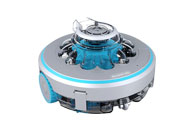 Robotic Pool Cleaner
Robotic Pool Cleaner 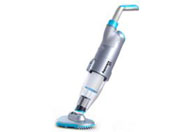 Portable Pool Vacuum Cleaner
Portable Pool Vacuum Cleaner 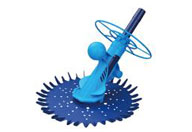 Automatic Pool Cleaner
Automatic Pool Cleaner 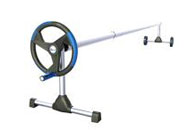 Pool Cover Reel
Pool Cover Reel 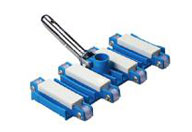 Pool Cleaning Accessories
Pool Cleaning Accessories 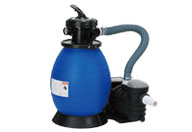 Pool Filter Pump
Pool Filter Pump 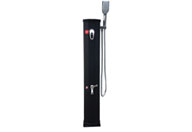 Pool Solar Shower
Pool Solar Shower 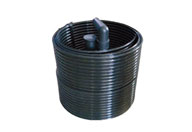 Pool Solar Collector
Pool Solar Collector 